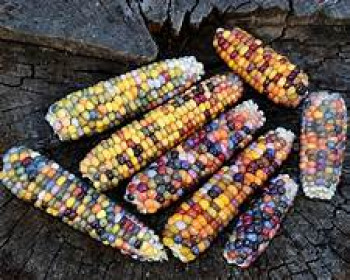Milkweed Tussock Tubers
Located in Heuvelton, NY, United States (Zone Zone 3)
0 Total Reviews
Farm Facts
Established in 2016
2.00
acres in production
1 varieties for sale
Grows and Sells: Corn
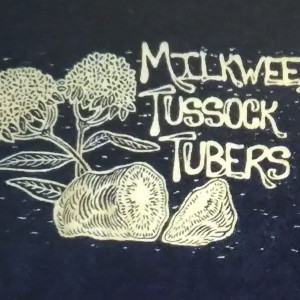
Kia-Beth Bennett
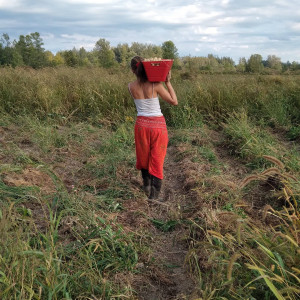
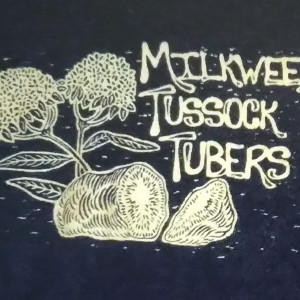
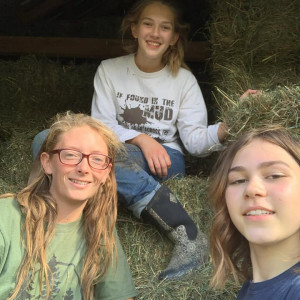
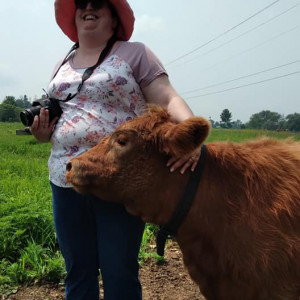
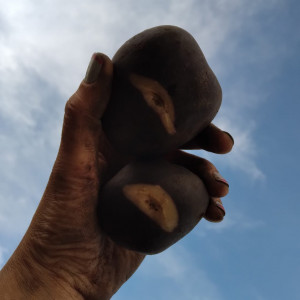
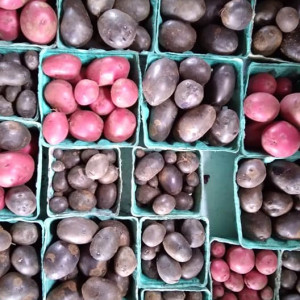
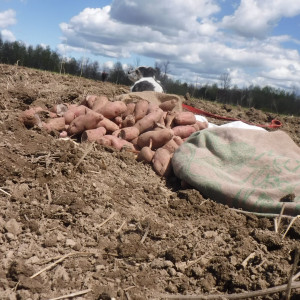
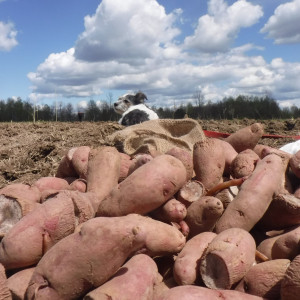
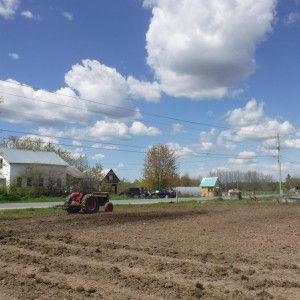
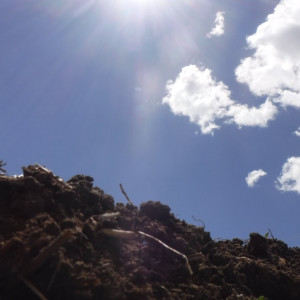
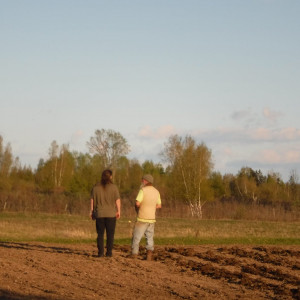
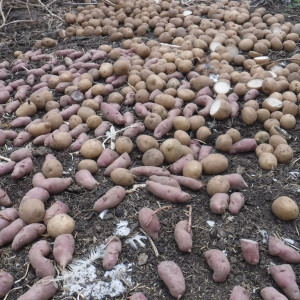
About the Farm
Milkweed Tussock Tubers is located in the St Lawrence River Valley of Northern New York. We are a small-scale spud and root operation begun in 2016, and St Lawrence County's only regenerative potato farm growing both table and certified seedstock. MTT promotes rare and unusual varieties while rejuvenating the ecosystems and communities in which we are based.
We are driven by three objectives: restore and re-popularize unusual and endangered root crops; farm in the most ecologically responsible way possible; and teach others to do the same. We are queer-owned and women-operated: I, Catherine, run the farm alongside my two employees, with much input from family and community.
Our Commitment to Quality Seed
There are over 6,000 potato varieties, and misnomers are common. We work with organizations and farmers to select specific strains of root crops and ensure we are growing truly unusual and rare varieties.
Our Growing Practices
Soil keeping is the basis of all we do at Milkweed Tussock Tubers. We work enthusiastically to restore and establish native species, building hedgerows and pollinator habitat around and amongst our crops.
Our most recent efforts center around crop-animal rotation and water health. We are improving our rainwater collection systems, mulching heavily and planting trees for improved shade.
The need for seed and food sovereignty is paramount. By growing with and sharing regenerative practices, we are building a community not reliant on the whims of capitalism. We will heal through our roots, bringing the world with us.
Our Seed Farming Experience
I learned to save seed from my mother, an avid seed keeper of 30 years. Over the past 6 years, I've delved straight into potato seed keeping, which is a whole 'nuther ball game.
Each year, I carefully sort my potatoes in storage, weeding out any with potential rot or bacteria. I plant on a three-year rotation to eliminate viral contamination and I test the plats once a month to ensure they are healthy and not transmitting diseases to the tubers. Equipment is cleaned annually and seeds are inspected upon harvest.
In addition to standard seed-keeping, we've embarked on a more complex journey of seed restoration. We are partnered with seed keepers across the country, striving to rid rare, locally developed tubers of viruses and re-introduce them to the area palate. Those potatoes are kept a quarter mile way from all others to eliminate the chance of disease spreading.
Regional Adaptation
The St Lawrence River Valley has been hit with droughts the past four years. The strains we grow are drought tolerant and do well in mixed fields. We are also building our stock of regionally developed potato varieties and various native crops, knowing they will adapt to our conditions more readily.

